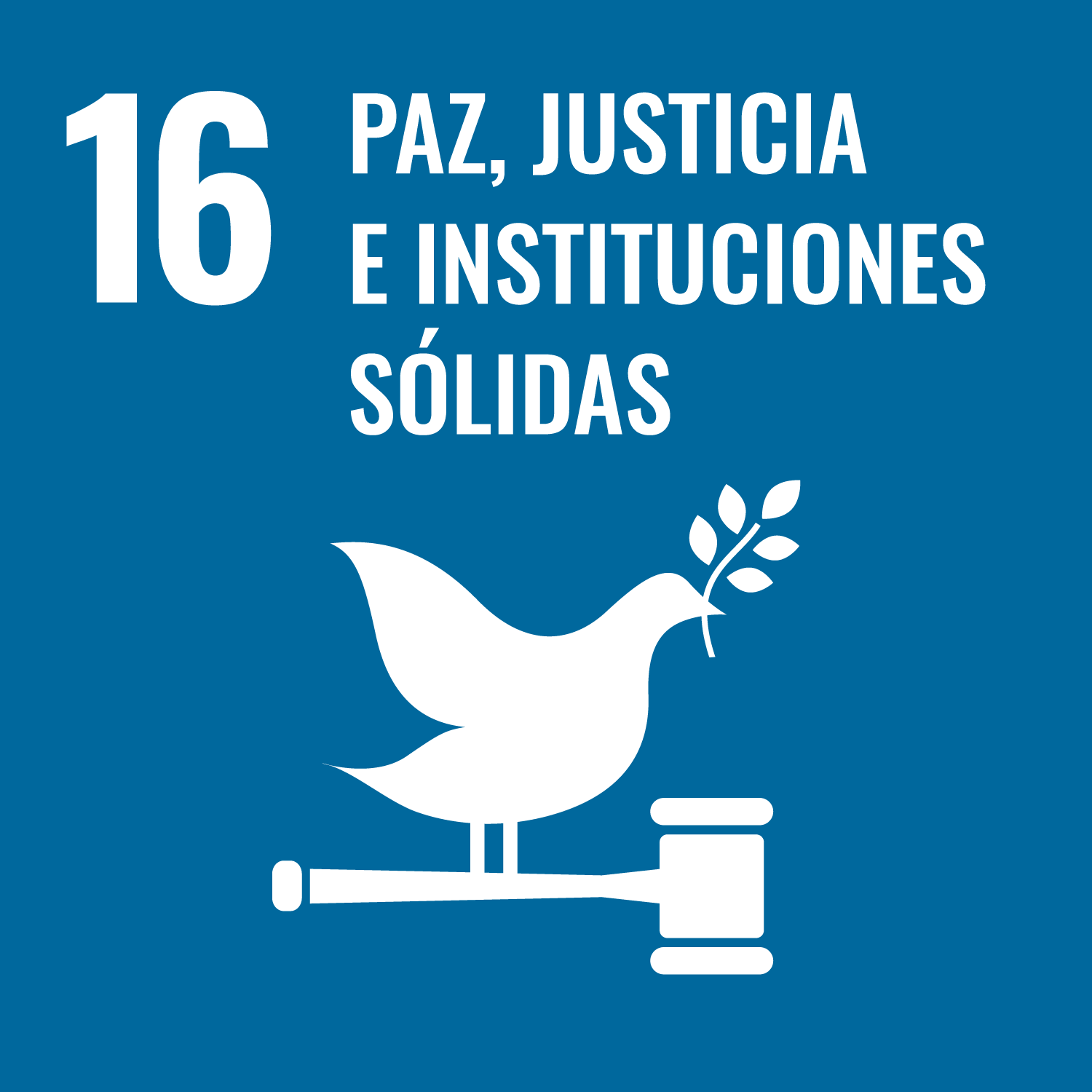State anti-corruption policy with a focus on the 2030 Agenda
(
Civil society organization
)
#SDGAction43576
Description
The incidence of activism in promoting and disseminating a state anti-corruption policy with a focus on the 2030 Agenda must be understood in three routes: 1) Citizen participation, volunteering for the "action of the SDGs; is powerful and through this is motivated the people to participate and take an interest in the issue of anti-corruption, motivating them to participate in processes at the local level, and 2) by providing the multiple scopes that the approach of the 17 SDGs brings to state anti-corruption policy, the latest and The main arguments for comprehensive compliance with state anti-corruption policy, that is, it provides robust public policy, and 3) finally, by incorporating indicators into the policy of reducing corruption, it is ensuring compliance with the monitoring and evaluation And, not least, the 2030 Agenda in the Mexican case, oriented towards the adoption of an Open Government model, which should not be underestimated, and The anti-corruption issue progresses together with transparency. In this way, it contributes to the fulfillment of SDG 16 goals on solid institutions.
SDGS & Targets
Objetivo 16
Promover sociedades pacíficas e inclusivas para el desarrollo sostenible, facilitar el acceso a la justicia para todos y construir a todos los niveles instituciones eficaces e inclusivas que rindan cuentas

16.1
Significantly reduce all forms of violence and related death rates everywhere
16.1.1
16.1.2
16.1.3
Proportion of population subjected to (a) physical violence, (b) psychological violence and/or (c) sexual violence in the previous 12 months
16.1.4
Proportion of population that feel safe walking alone around the area they live after dark
16.2
End abuse, exploitation, trafficking and all forms of violence against and torture of children
16.2.1
Proportion of children aged 1–17 years who experienced any physical punishment and/or psychological aggression by caregivers in the past month
16.2.2
16.2.3
Proportion of young women and men aged 18–29 years who experienced sexual violence by age 18
16.3
Promote the rule of law at the national and international levels and ensure equal access to justice for all
16.3.1
Proportion of victims of (a) physical, (b) psychological and/or (c) sexual violence in the previous 12 months who reported their victimization to competent authorities or other officially recognized conflict resolution mechanisms
16.3.2
16.3.3
Proportion of the population who have experienced a dispute in the past two years and who accessed a formal or informal dispute resolution mechanism, by type of mechanism
16.4
By 2030, significantly reduce illicit financial and arms flows, strengthen the recovery and return of stolen assets and combat all forms of organized crime
16.4.1
16.4.2
16.5
Substantially reduce corruption and bribery in all their forms
16.5.1
16.5.2
16.6
Develop effective, accountable and transparent institutions at all levels
16.6.1
16.6.2
Proportion of population satisfied with their last experience of public services
16.7
Ensure responsive, inclusive, participatory and representative decision-making at all levels
16.7.1
Proportions of positions in national and local institutions, including (a) the legislatures; (b) the public service; and (c) the judiciary, compared to national distributions, by sex, age, persons with disabilities and population groups
16.7.2
16.8
Broaden and strengthen the participation of developing countries in the institutions of global governance
16.8.1
Proportion of members and voting rights of developing countries in international organizations
16.9
By 2030, provide legal identity for all, including birth registration
16.9.1
16.10
Ensure public access to information and protect fundamental freedoms, in accordance with national legislation and international agreements
16.10.1
16.10.2
16.a
Strengthen relevant national institutions, including through international cooperation, for building capacity at all levels, in particular in developing countries, to prevent violence and combat terrorism and crime
16.a.1
16.b
Promote and enforce non-discriminatory laws and policies for sustainable development
16.b.1
SDG 14 targets covered
| Name | Description |
|---|
Deliverables & Timeline
Informe "Aprendizajes desde la ciudadanía rumbo a la política estatal anticorrupción, caso Hidalgo"
Resources mobilized
Partnership Progress
Feedback
Action Network

Timeline
Entity
SDGs
Region
- Latin America and the Caribbean
Geographical coverage
More information
Countries

Contact Information
Erwin Medina Josefa, Mtro.

